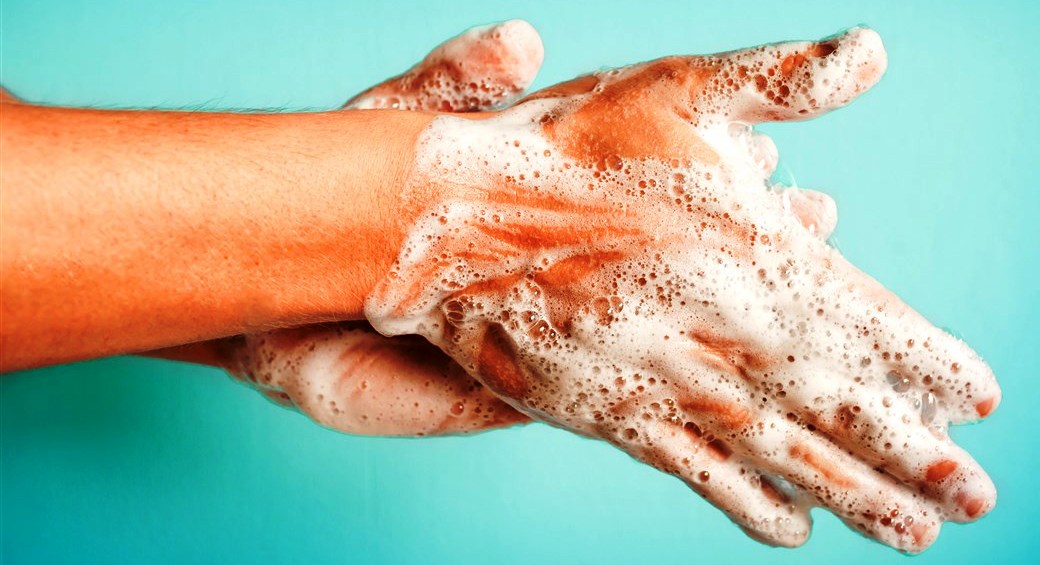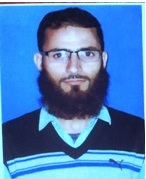by Abid Shafi Misbahi
In wake of the Coronavirus pandemic, the cure is yet to be found. So precaution is the best available care. Till the pandemic stops, we must avoid large events and mass gathering, avoid close contact with the people who are sick or have symptoms, wash hands often with soap and water for at least 20 seconds or use sanitizers, cover mouth and nose, stay at home and practice social distancing, avoid contact with animals and travelling to affected areas.

People must take recourse to Islamic teachings in order to control the spread of infectious diseases. Islam has laid a lot of emphasis on personal hygiene.
The Prophet Muhammad, peace be upon him, referred to purity as half of faith. Purity is half of faith, and the praise of Allah fills the scale (Sahih Muslim). Similarly, the Quran states: Truly, God loves those who turn unto Him in repentance and loves those who purify themselves (Quran 2:222). While this purity involves a spiritual aspect, it also includes physical cleanliness.
Some of the key Islamic teachings on personal hygiene include:
Washing hands before eating: The Prophet, peace be upon him, taught that blessings are found when one washes their hands before eating. He said: Blessing in food lies in washing the hand before and after eating (Tirmidhi).
Cleaning oneself after using the bathroom: When relieving oneself, the Prophet, peace be upon him, instructed his followers to use no less than three stones. Obviously, at the time, they did not have toilet paper, but this implies that one should ensure they are clean. Furthermore, the Prophet, peace be upon him, also encouraged Muslims to clean their private parts with water after using stones.
Washing before prayer: Muslims perform five daily prayers. In order to conduct these prayers, Muslims must be in a state of physical purity known as ablution (wudu in Arabic). This consists of washing the hands, mouth, nose, face, wiping the head, ears, and washing the feet three times. When an entire community of people do this several times a day it builds a culture of cleanliness and decreases the risk of infectious diseases.
Covering the Face When Sneezing: The Prophet, peace be upon him, instructed Muslims to cover their faces when sneezing. Although it may seem obvious to us today, he taught Muslims to do this before there was an understanding of how airborne diseases spread.
Plagues and Infectious Diseases: Visiting the sick is one of the greatest good deeds a Muslim can perform. However, in cases of infectious diseases, the Prophet, peace be upon him, restricted travel and instructed people to quarantine themselves in order that the disease not spread. The Prophet, peace be upon him, said: If you hear that there is a plague in a land, do not enter it; and if it (plague) visits a land while you are therein, do not go out of it (Sahih Bukhari). The Prophet, peace be upon him, was essentially instituting strategies that are implemented in modern times by public health organizations such as the centre for disease control. Quarantine is essential for the comfort of the sick individual as well as the protection of the larger public.
In Islamic history, several hospitals were built to prevent the spread of sicknesses. For example, in 706 the Umayyad caliph al-Walid built the first hospital in Damascus and issued an order to isolate those infected with leprosy from other patients in the hospital. This practice continued until the Ottoman Empire until 1838.

The teachings of the Prophet Muhammad, peace be upon him, concerning infectious diseases, cleanliness, and hygiene were well ahead of his time. They were ultimately inspired by God to benefit and protect humans from illnesses and promote healthy lifestyles. Infection control is an inherent part of Islam’s teachings concerning hygiene. The guidelines that are practised today by major health organizations are almost entirely inline and inspired by the teachings of the Prophet Muhammad peace be upon him.
In addition to taking the necessary precautions, the Prophet Muhammad, peace be upon him, taught that both blessings and trials are from God, and they are an opportunity to become closer to Him. He advised to seek God’s protection in all matters, and then to accept His decree. One of the supplications he would say was, “In the name of God with Whose name nothing is harmed on the earth or in the heavens, and He is the All-Hearing, All-Knowing”
(A resident of Nambla in Uri, the author is a nursing research scholar presently working as Healthcare Vocational Trainer at BHSS Uri. Ideas are personal)















